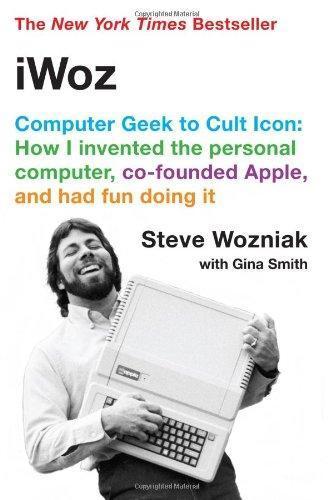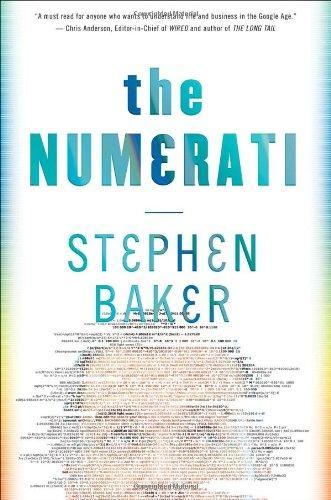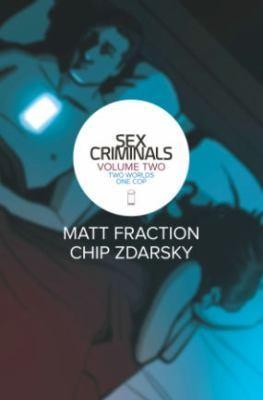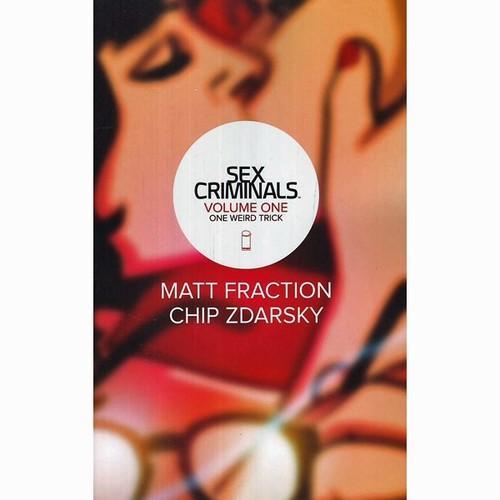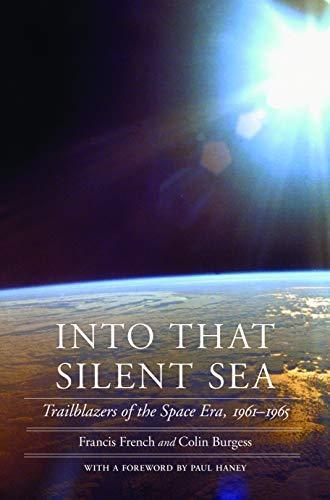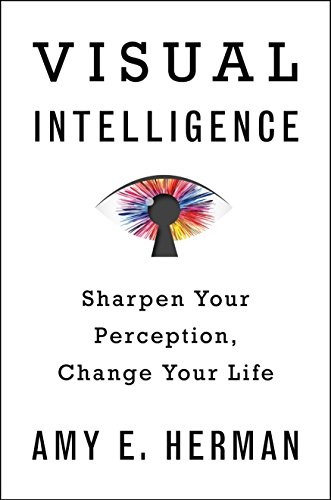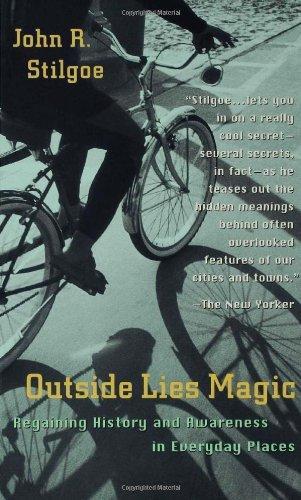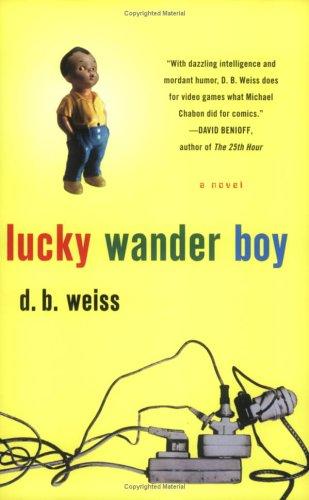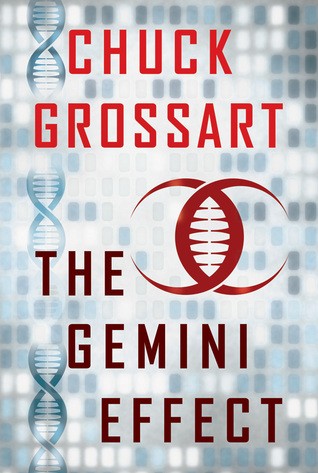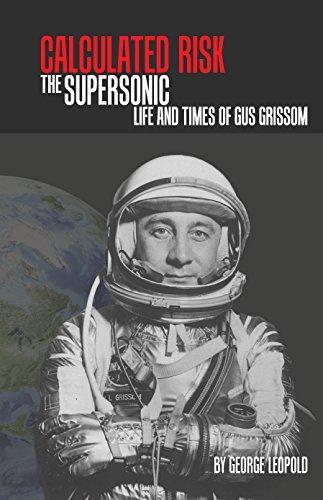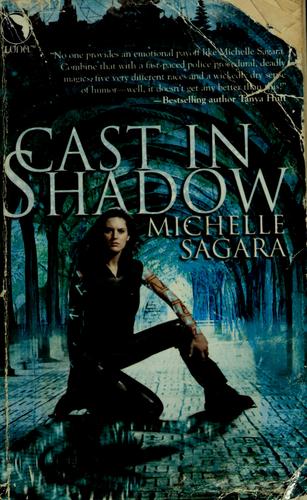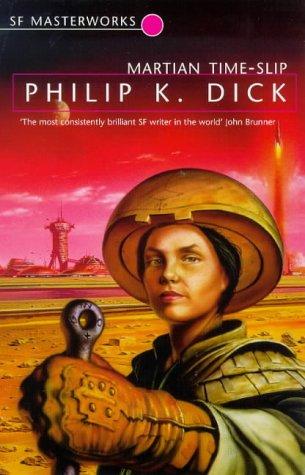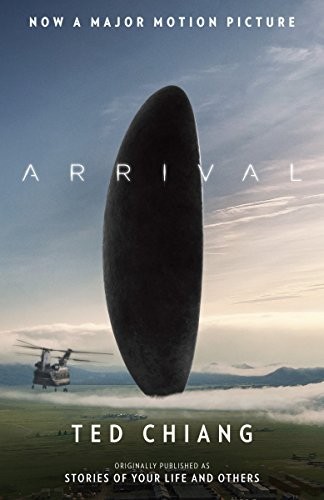Thom reviewed iWoz by Steve Wozniak
Review of 'iWoz' on 'Goodreads'
2 stars
Steve Wozniak is a brilliant engineer and a kind person - and not a particularly good writer. Picture grandpa telling stories, rambling and repeating a bit, with the occasional "Wow" or "Oh my God". He wrote to dispel rumors, but some claims are dubious.
None of the tech went over my head, but I can see how that may have turned some off. Perhaps more sidebars (to explain transistors, binary, and the like) would have helped, allowing those who need or want to skip. Not sure if it is the co-writer or the editor, but somebody should have caught some of the repeats and cleaned up the rambling.
I plan to keep my eye out for a well written biography of Woz (and/or Apple computer); one that can draw from, but not be, this book.

